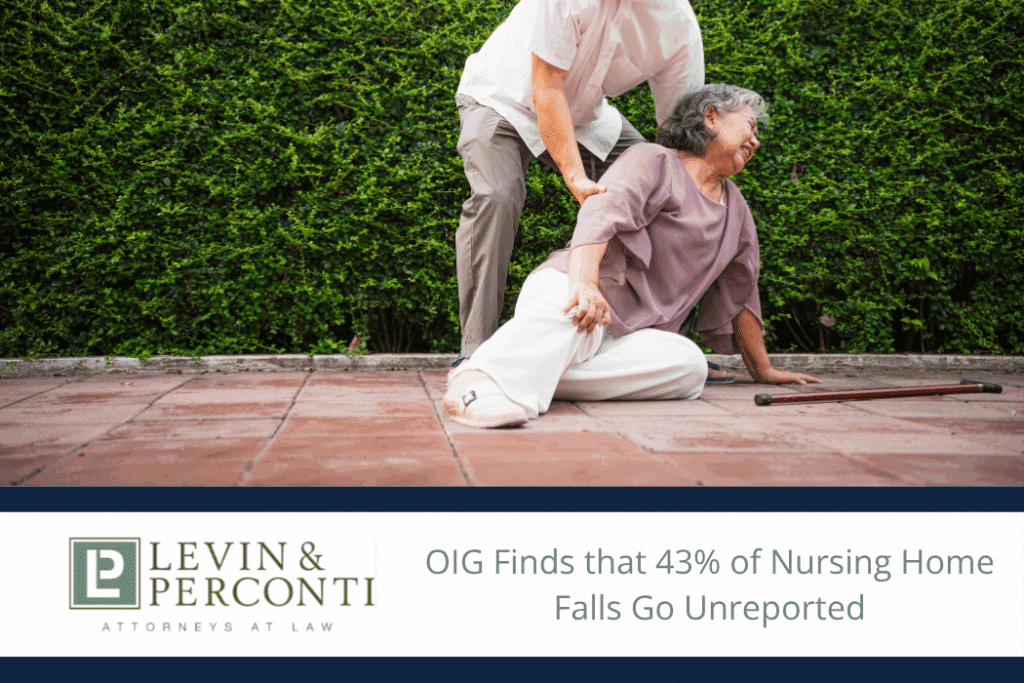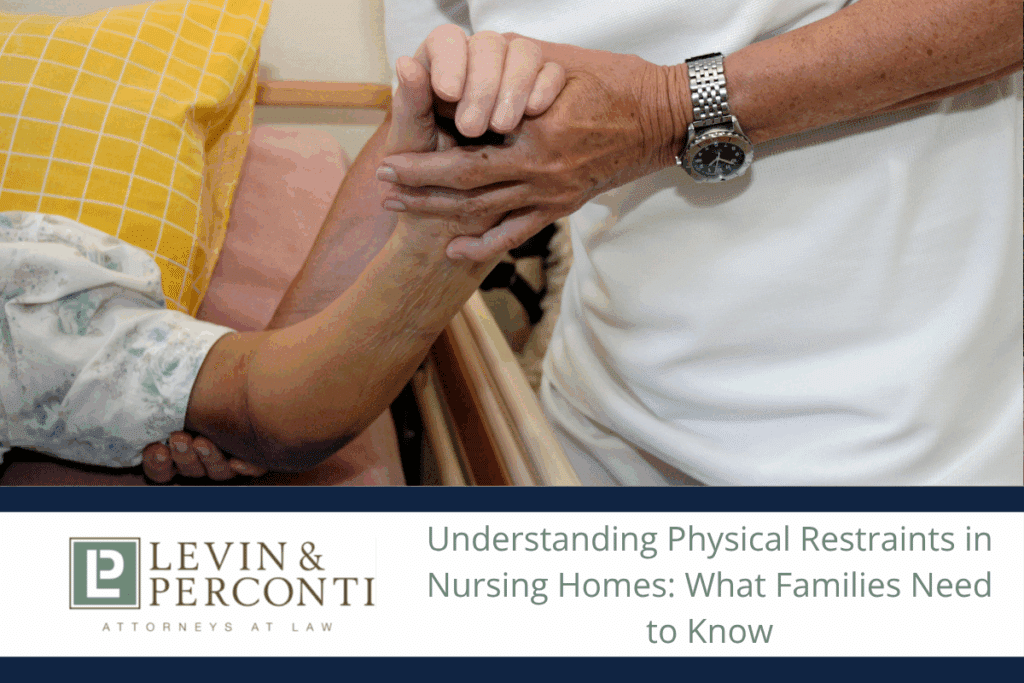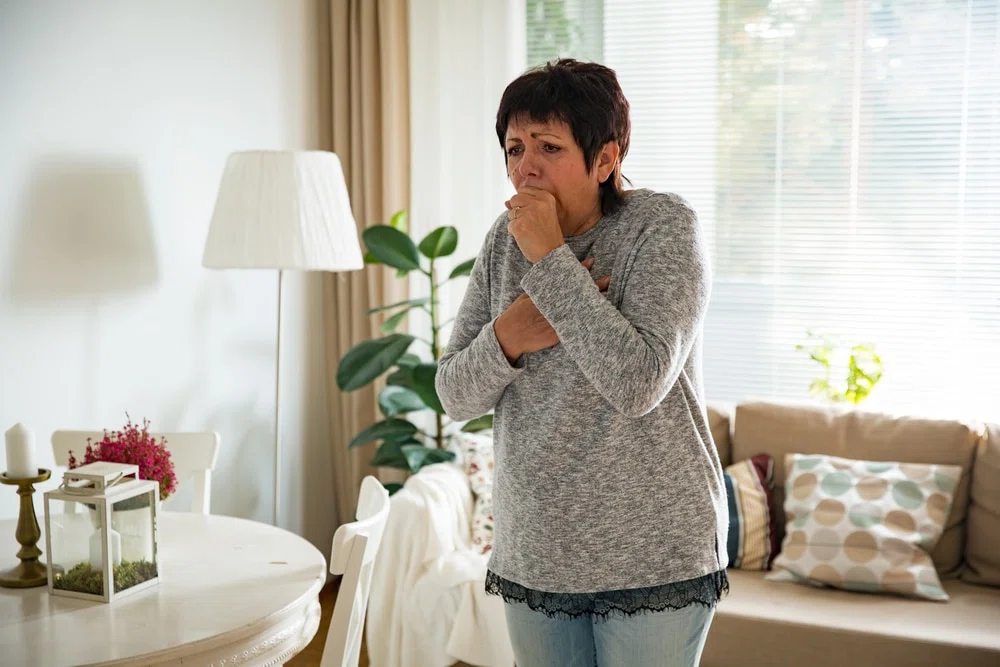Key Takeaways
New Illinois laws protect employees who report unsafe or unlawful practices.
Facilities now face severe legal consequences for retaliating against whistleblowers, including penalties up to $20,000 and civil damages. The Illinois Attorney General can directly sue institutions, making it more costly for them to hide abuse or neglect.
New laws dismantle the "culture of silence" by protecting both employees and residents from retaliation when reporting abuse.
In a move that significantly broadens employee protection and employer liability in Illinois, Public Act 103-0867, which was enacted in late 2024, ushered in revisions to the Illinois Whistleblower Act, effective January 1, 2025. These updates reinforce the Act’s protections and create new pathways for relief. Here’s what you need to know:
1. The Act Broadens the Definition of “Employee”
One of the most consequential changes lies in who qualifies for protection. The Act now employs a stringent ABC test to distinguish employees from independent contractors:
- If the worker is free from employer control.
- If the work is outside the employer’s usual course of business or, if performed in the employer’s business, outside its premises.
- If the worker is in an independently established trade or profession.
Only if all three are satisfied can someone be treated as an independent contractor, excluded from protection.
Otherwise, they are an “employee” under the Act. This includes licensed physicians working at state-funded facilities.
2. Internal Disclosures Are Now Protected
Illinois has taken a decisive step beyond its previous whistleblower regime. The updated law protects individuals not only for reporting misconduct to government or law-enforcement agencies, but also for disclosures made internally. This means that employees are protected when reporting to supervisors, principal officers, board members, or those in contractual oversight, so long as the whistleblower has a good-faith belief that the conduct violates law or poses a danger to health or safety.
3. Refusal to Participate Also Shielded
The Act now clearly protects employees who refuse to participate in activities they reasonably believe violate law or safety standards. This expands the Act’s reach into preventing coerced participation in unlawful or harmful practices.
4. Expanded Scope of Retaliation & Immigration-Related Protections
Retaliatory actions now encompass any materially adverse action that could deter a “reasonable worker,” including hostilities that interfere with future employment, blacklisting, or immigration-related retaliation, such as threatening to contact immigration authorities or reporting someone’s immigration status.
5. Stronger Remedies & Enforcement Powers
The Act provides employees with the following remedies when their rights are violated by employers:
- Injunctive relief, including reinstatement and front pay
- 9% annual interest on back pay
- Liquidated damages up to $10,000
- A civil penalty of $10,000 payable directly to the employee
Importantly, the Illinois Attorney General now has clear authority to initiate civil lawsuits under the Act, strengthening enforcement and giving whistleblowers an added layer of protection.
What This Means for Whistleblowers and Accountability
- Stronger protections for facility workers: The updates to the Act make it harder for employers in nursing homes, hospitals, and CILA group homes to silence or punish employees who speak up about unsafe or unlawful practices. Workers now have clearer rights when they refuse to participate in wrongdoing or report violations.
- Greater accountability for employers: With stronger remedies available and the Illinois Attorney General empowered to step in, facilities that try to cover up abuse, neglect, or misconduct face greater consequences. This means employers who put profits over the safety of their residents can be held responsible.
- A powerful tool for change: The expanded protections under Public Act 103-0867 encourage employees to come forward, which is often the first step in uncovering neglect, unsafe conditions, or medical errors. For families, that means a stronger system of accountability when their loved ones are placed in the care of a facility.
More About Public Act 103-0867
Public Act 103-0867 was enacted through House Bill 5561 and signed into law by Governor Pritzker, sponsored in the General Assembly by State Senator Cristina Castro and Majority Leader Marcus Evans. Illinois AG Kwame Raoul has championed the legislation, underscoring the message: Employees should be empowered to speak up—not intimidated into silence
Commenting on the significance of the updated Act, Managing Partner, Michael F. Bonamarte IV says:
This legislation is another step forward in holding facilities accountable for abuse and neglect. By protecting employees who speak up, it raises the standard of care and helps safeguard the rights and safety of patients. In many of our cases, nursing and healthcare employees have testified that they recognized certain practices were noncompliant but were too afraid of retaliation to come forward. With this update, employees can feel more secure in reporting issues, which is critical to preventing abuse and neglect before it happens.
Why the Lawyers at Levin & Perconti are Paying Attention to this News
At Levin & Perconti, we have built a national reputation for protecting individuals harmed by powerful institutions. Our firm focuses on cases of personal injury, medical malpractice, nursing home abuse and neglect, birth injuries, and wrongful death. These practice areas often intersect with whistleblower matters, particularly when employees expose unsafe healthcare practices, fraudulent billing, or neglect in facilities that jeopardize patient safety.
For over 30 years, our attorneys have secured landmark settlements and verdicts against some of the largest hospitals, nursing home chains, and corporations in Illinois. This new law reinforces the importance of speaking up and ensures employees have stronger protections when they do.
A Broader Fight Against Retaliation
This new whistleblower legislation reinforces themes in our recent post on the updated Nursing Home Care Act (Public Act 103-1069), effective January 1, 2026, which makes retaliation against nursing home residents for reporting neglect & abuse illegal and imposes obligations for annual notice and staff training to prevent retaliation.
Both laws share a unified purpose: to dismantle fear, silence, and unjust punishment for speaking up in healthcare settings. Whistleblower protections now safeguard employees raising concerns, while protections under the Nursing Home Care Act fortify residents’ rights. Together, these statutes reflect a growing trend in Illinois toward empowering vulnerable individuals to speak up without retribution.
If you or a loved one has been harmed in a nursing facility, hospital, or CILA (Community Integrated Living Arrangement) where wrongdoing was ignored or covered up, contact Levin & Perconti. We are here to hold negligent institutions accountable and fight for the safety, dignity, and rights of every patient. Contact us for a free case evaluation today online or by calling 312-332-2872.





